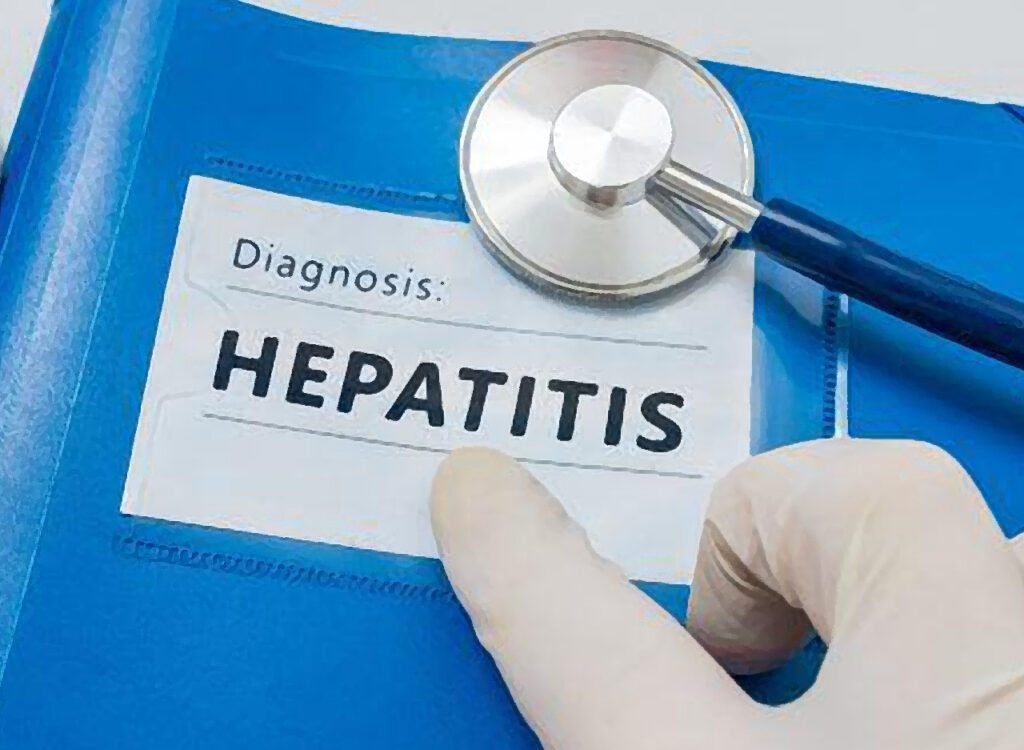
Having known Hepatitis A and B for decades, it becomes most beneficial to know about HEPATITIS C infection , as it is not possible to prevent it, because no VACCINE has been invented till date, unlike A and B Hepatitis viruses.
How does it happen :
- Sharing injectable Drugs and Needles
- Having SEX – rough sex or anal sex, where blood contact happens.
- HIV or STD in either sexual partner / polygamy.
- Child at birth, getting it from an infected mother.
- Breast feeds are safe, except for cracked nipples, that can bleed.
- Sharing personal care items like Toothbrushes or Razors
- Lastly, getting a TATTOO done , with unsterile equipment.
Blood transfusion products and Organ Transplants were the source of Hep-C earlier , but stringent screening for the Hep-C is now mandatory.
Hemodialysis still caries a minimal risk.
Chances of Hep-C transmission are many. But, following activities are never the cause
- Coughing / Sneezing
- Hugging / Kissing
- Mosquito bites
- Sharing Food/utensils
- Hepatitis C spreads when blood or body fluids ( Hep-C contaminated ) enter your bloodstream. From two weeks to twelve weeks, after entry of the virus – symptoms appear as displayed
- Fever / Fatigue
- Dark urine
- Clay-colored stool
- Nausea/loss of appetite
- Jaundice/joint pain
LAB. TESTING FOR HEP-C infection
ANTI-HCV Antibodies : They show up 12 weeks after infection. If one is reactive or positive, he needs to repeat the test. If positive, go for the next test
- HCV RNA: This test measures the genetic material from the HCV virus ( viral RNA particles) If you test positive here, routine LFT be done to define the state of Liver functions..
- HCV RNA is detectable earlier, a couple of weeks after getting infected with HEP-C virus.
TREATMENT
- No treatment is recommended for Acute Hepatitis C.
- However , if it turns into Chronic Hepatitis ( 6 months later ) treatment is recommended
Earlier , Interferon, Peginterferon and Ribavirin were the main treatment.
Current Medications ( Direct Acting Antivirals, DAA ) are the following, given singly or in combination
- Daclatasvir
- Elbasvir + Grazoprevir
- Glecaprevir + Pibrentasvir
- Ledipasvir + Sofosbuvir
- Ombitasvir + Paritaprevir
- Ribavirin ( brand names Rebetol & Virazole)
- Sofosbuvir + Interferon + Ribavirin
( Plus few other antiviral drugs )
Most of the times, the newer Anti-viral medicines remove all traces of the virus within 12 weeks. This is called SUSTAINED VIROLOGICAL RESPONSE ( SVR ). Success rate is 90 % , if the drug is selected as per the Viral Genotype, in the index case.
Complications of HEP-C :
- About 80 percent of Hep-C infected patients end up with CHRONIC HEPATITIS . If this phase is not treated, as stated above, the infected Liver ends up with the following in a serial manner
- Liver Cirrhosis
- Liver Cancer
- Liver Failure.
